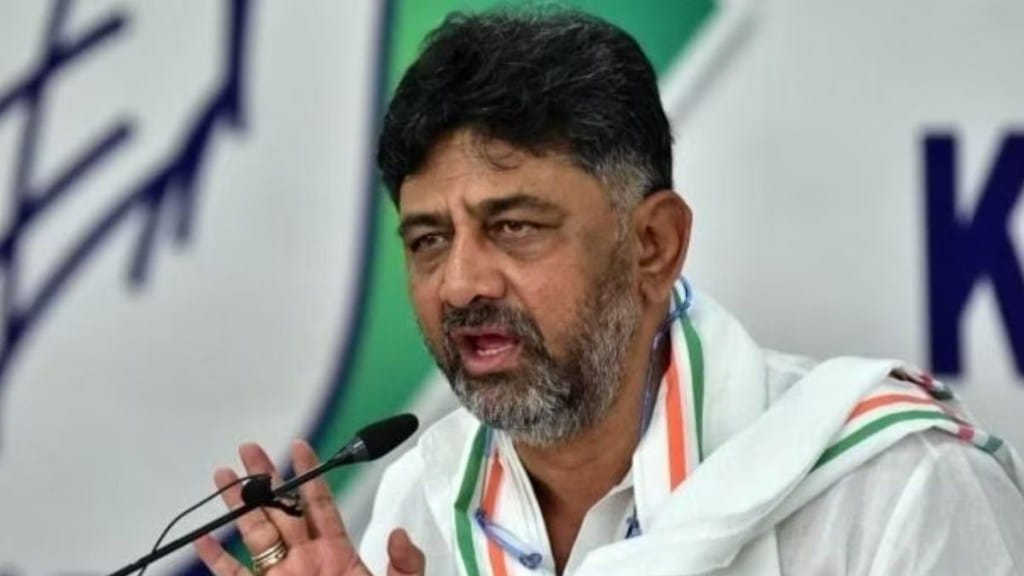Bengaluru, the state capital and the largest city of the southern Indian state of Karnataka is reeling under a water crisis yet again. On Tuesday, Karnataka Chief Minister Siddaramaiah, Deputy Chief Minister DK Shivakumar, cabinet ministers and officials held a crucial meeting seeking to address the problem of shortage of drinking water in the state capital. There are nearly 14,700 borewells in Bengaluru of which 6,997 have dried up while about 7,784 are working.
The reason behind the problem
The weakened southwest monsoon rainfalls have resulted in groundwater levels going down and decreased water reserves in the Cauvery River basin reservoirs, reported Reuters. The city’s rapid urbanisation and poor infrastructure have worsened the water crisis.
What is the state government planning to do?
The state government has allocated Rs 556 crore for water supply.
“Water doesn’t belong to any individual, it’s for everyone. We are creating a war room. All the officials will try and come up with a solution. We will also fix a common price for water tankers. Rs 556 crores have been allocated for water supply,” said DK Shivakumar, according to ANI.
Identifying points where water is available
The deputy chief minister said that the state government is “identifying the points where water is available.”
“I am very seriously looking at it. I had a meeting with all the officials. We are identifying the points where water is available,” said Shivakumar, adding that the government aims to provide water at a very reasonable rate to all the people.
Acting tough on water tanker owners
On Tuesday, Shivakumar warned water tanker owners that the state government would seize their tankers if they did not register with the authorities before the deadline of March 7.
On Monday, addressing a press conference on the looming water crisis in Bengaluru, Shivakumar informed that out of the total 3,500 water tankers in Bengaluru city, only 10% (219 tankers) are registered with the authorities.
Tough time ahead?
This year, the summer is expected to be more severe in the state. As per an assessment made by the government, as of February 10, some 7,082 villages across Karnataka and 1,193 wards, including in Bengaluru Urban district, are vulnerable to drinking water crisis in the coming months.

